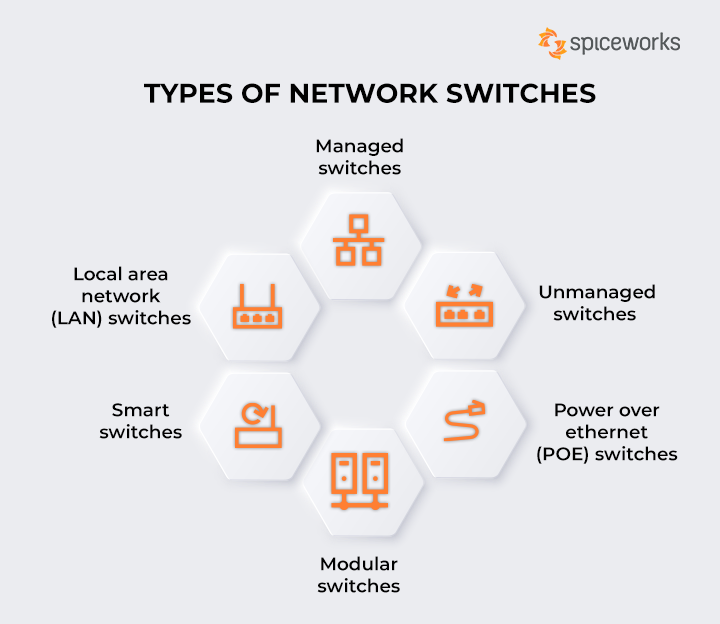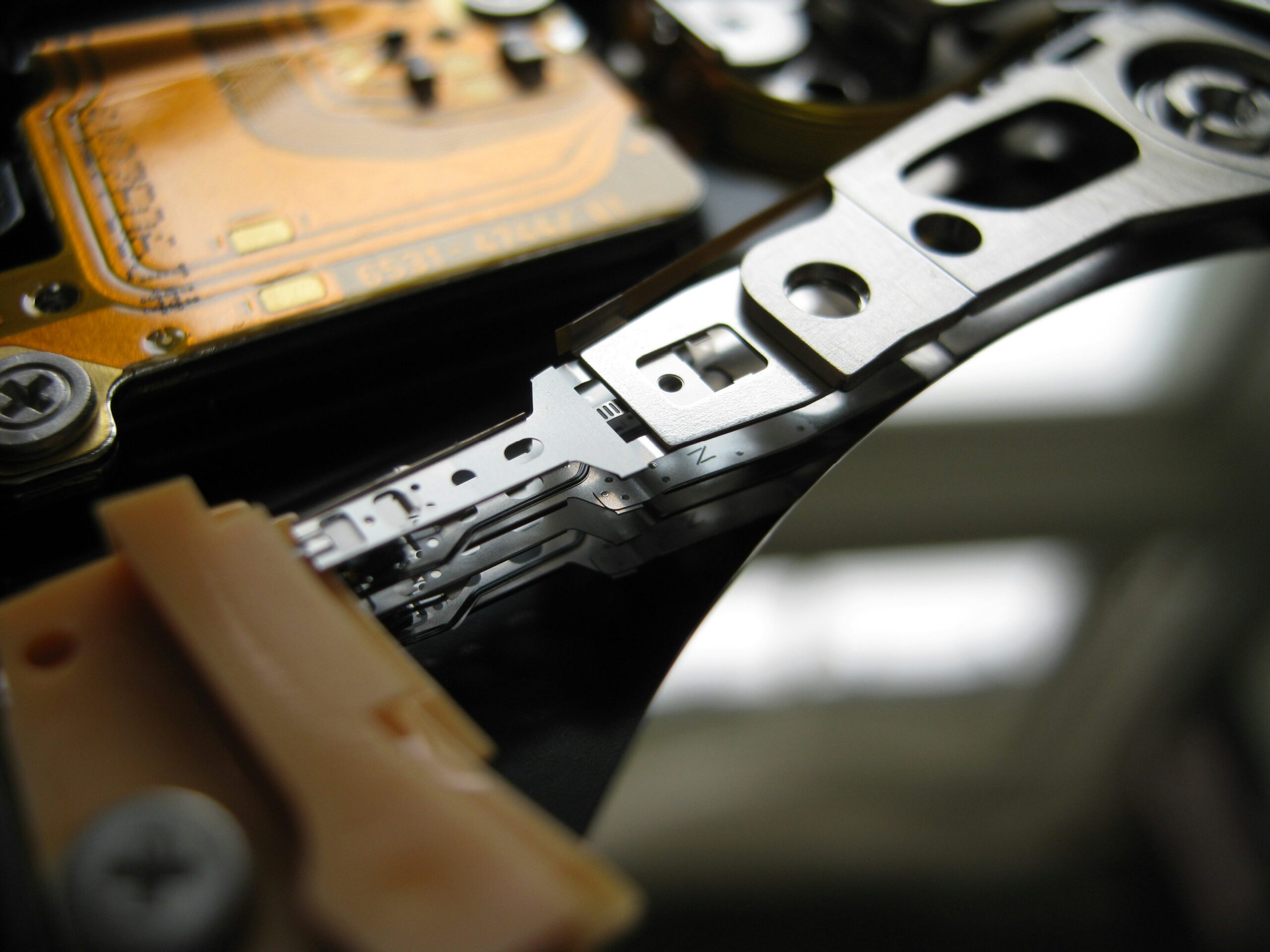In a world where data is doubling every two years, the demand for robust and scalable storage solutions has never been higher. Businesses are increasingly turning to custom NAS systems to meet their unique needs. Synology, for instance, reported a 20% increase in enterprise NAS sales last year alone.
Delving into the intricacies of NAS solutions, experts understand that off-the-shelf options often fail to cater to specific enterprise requirements. This evolution began over a decade ago when data storage needs outpaced traditional server capabilities. Today, a tailored NAS system offers not only enhanced storage but also improved data security and seamless scalability.
The Emergence of Custom NAS Systems
Custom NAS systems are becoming increasingly popular due to our growing need for data storage. Companies face a massive influx of data, and traditional systems often don’t cut it. As a result, businesses are seeking more flexible and personalized solutions.
In the early 2000s, standard storage systems struggled to keep up with dynamic business needs. Custom NAS systems emerged as a solution, offering tailored storage that could adapt and expand as required. This development changed the landscape of data storage.
Modern custom NAS systems offer several benefits over standard options. They provide improved security features, ensuring sensitive data is well-protected. Additionally, their scalability allows businesses to add more storage seamlessly.
Today, many industries depend on custom NAS systems to manage their data storage needs. From healthcare to finance, these systems have proven their worth. It’s clear that the demand for custom NAS solutions will keep growing.
Factors to Consider When Building a Custom NAS System
When building a custom NAS system, several factors come into play. These considerations ensure your system is efficient, secure, and scalable. Let’s explore some critical components in detail.
Hardware Requirements
First, consider the hardware that will support your NAS system. This includes choosing the right type of drives, such as SSDs for faster performance or HDDs for larger storage capacity. Additionally, a robust CPU and ample RAM are essential for handling multiple tasks efficiently.
It’s important to think about the chassis design. Ensure it has enough bays for future expansion. Also, proper ventilation helps in maintaining the system’s longevity.
Don’t forget network interfaces. High-speed connections like Gigabit Ethernet or even 10 Gigabit Ethernet significantly improve data transfer speeds. These choices impact the overall performance of your NAS build.
Software and Operating Systems
The software running on your NAS is just as important as the hardware. Selecting a reliable operating system like FreeNAS or Unraid can provide a stable and secure environment. These systems offer a range of features, including data encryption and easy setup.
You might want to install additional software for better management and monitoring. Tools for automation and backup can save time and reduce human errors. These additions enhance the overall user experience.
Finally, ensure compatibility between your software and hardware. Compatibility issues can lead to system crashes and inefficiencies. Regular updates are also crucial for maintaining security.
Data Security and Backup Solutions
Data security is a top priority when building a NAS system. Implementing RAID configurations can protect against data loss due to drive failures. RAID 5 or RAID 6 are popular choices for balancing performance and redundancy.
Encryption adds another layer of security, safeguarding sensitive information. Many NAS systems offer built-in encryption features for this purpose. It’s a good practice to encrypt both your data and your network connections.
Don’t forget about regular backups. Automated backup solutions ensure that your data is always recoverable, even in case of unforeseen events. Using cloud backup solutions can add an offsite layer of protection.
Steps in Building a Custom NAS System
Building a custom NAS system requires careful planning and execution. These steps ensure your NAS is efficient and meets your needs. Let’s explore the key steps involved in building a robust NAS system.
The first step is selecting the appropriate hardware components. Choose reliable hard drives, a powerful processor, and ample RAM for optimal performance. Don’t forget a suitable chassis for housing your components.
After hardware selection, you need to install the operating system. Popular choices include FreeNAS and Unraid, which offer excellent features and stability. Follow the installation instructions carefully to avoid issues.
Configuration comes next. Set up RAID for data redundancy and configure network settings for seamless access. Ensure to secure your system with passwords and encryption.
Market Prospects for Custom NAS Systems
The market for custom NAS systems is growing rapidly, driven by the increasing demand for scalable and secure data storage. Businesses of all sizes are recognizing the benefits of customized solutions. This trend shows no sign of slowing down.
One major factor contributing to this growth is the surge in data production. Companies are generating vast amounts of data, and traditional storage solutions can’t keep up. Custom NAS systems provide the flexibility needed to handle this data efficiently.
Another driving force is the rise in cyber threats. Enhanced security features in custom NAS systems offer better protection against data breaches. Businesses prioritize security, making these systems more appealing.
The global market is also expanding due to advancements in technology. Faster processors and improved networking capabilities make custom NAS systems more powerful and efficient. These technological advancements attract more businesses to adopt NAS solutions.
Leading players in the industry, like Synology and QNAP, continue to innovate, offering newer and better products. This continuous improvement ensures that the custom NAS market remains competitive. It also provides customers with a range of options to choose from.
Finally, the market potential extends beyond traditional businesses. Sectors like healthcare, education, and media are increasingly investing in custom NAS systems. These industries need reliable data storage solutions, further boosting the market prospects.
Strategies for Selling Custom NAS Systems
To successfully sell custom NAS systems, it’s crucial to understand your target market. Knowing the specific needs of different industries can help tailor your marketing approach. Businesses in healthcare, finance, and media often have unique storage requirements.
Highlighting the benefits of custom NAS systems is essential. Point out features like enhanced security, scalability, and data redundancy. Customers need to see the value these systems offer over traditional storage solutions.
- Create detailed product demonstrations.
- Offer hands-on trials for potential clients.
- Provide comprehensive tutorials and guides.
Effective customer support can set your brand apart. Offer after-sales services, including maintenance and upgrades. This commitment to support can reassure buyers about the reliability of your product.
Utilize digital marketing to reach a broader audience. Content marketing, SEO, and social media campaigns can generate interest. Paid advertising can also drive targeted traffic to your website.
Building partnerships with other tech firms can expand your market reach. Collaborate with software developers, hardware providers, and IT consultants. These partnerships can open new sales channels and boost credibility.
Frequently Asked Questions
If you are diving into the world of custom NAS systems, here are some frequently asked questions that might help you. These answers will guide you through various aspects of building and selling NAS solutions.
1. What are the key advantages of using a custom NAS system?
A custom NAS system offers enhanced flexibility and scalability, making it ideal for businesses with growing data needs. Unlike off-the-shelf solutions, it can be tailored to specific requirements, including storage capacity and security features.
Moreover, these systems often include advanced options for data redundancy and backup. This ensures better protection against data loss, providing peace of mind for both businesses and individuals handling sensitive information.
2. How much does it typically cost to build a custom NAS system?
The cost of building a custom NAS system can vary greatly depending on your specific needs. Basic setups may start around $500, while high-end configurations could exceed several thousand dollars. Important factors include hardware quality, storage capacity, and added features like RAID configurations.
Additionally, software costs should be considered. Some operating systems are free, but others may require licenses. These expenses add up but investing in good hardware and reliable software ensures better performance and longevity.
3. Which operating systems are ideal for custom NAS builds?
Popular choices for operating systems include FreeNAS (now TrueNAS), Unraid, and OpenMediaVault. Each of these offers different strengths; for example, FreeNAS is known for its robust feature set and strong community support.
Unraid is user-friendly with powerful RAID capabilities but comes with a licensing fee. OpenMediaVault is another excellent open-source option that offers great flexibility for various use cases.
4. What kind of businesses benefit most from custom NAS systems?
Businesses handling large amounts of data benefit significantly from custom NAS systems. These enterprises range from tech startups to media production companies where robust storage solutions are vital.
The healthcare sector also finds these systems advantageous due to their improved data security measures. Industries requiring secure backups, such as finance or law firms also find a perfect match in custom-built NAS solutions.
5. Are there any risks associated with using custom NAS systems?
Like any technology solution, there are risks involved in using custom NAS systems However nameunnengeumsehriches reliance on technical know-how to setup-install-maintain correctly Potential issues ranging from initial configuration missteps networking problems security vulnerabilities need skilled management
ConclusionBuilding and selling custom NAS systems offer incredible opportunities for businesses looking to meet unique storage needs. By focusing on key factors like hardware selection, operating system, and security features, you can create efficient and reliable solutions. As data demands continue to rise, the relevance of custom NAS systems will only grow.
Additionally, effective marketing strategies and excellent customer support can set your NAS systems apart in a competitive market. With the right approach, you can tap into a broad range of industries, from healthcare to media, ensuring steady growth and success. Embracing these practices will position you as a leader in the field of custom NAS solutions.





Leave a Reply
You must be logged in to post a comment.